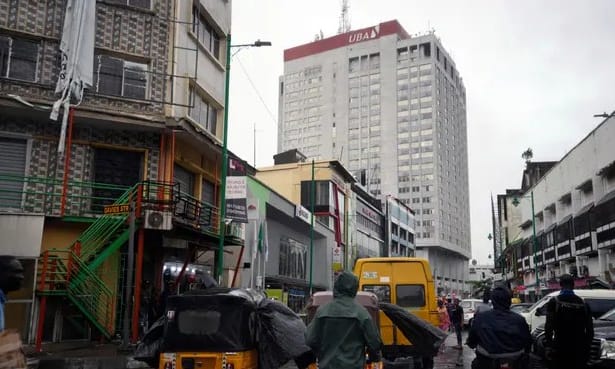President Tinubu’s policies please foreign investors, but a devalued currency and soaring petrol prices mean ‘national sacrifice mode’ is widely unpopular
Nigerians are feeling the strain as their new president pushes through a series of unpopular policies that have earned him praise from foreign investors.
Bola Tinubu, who was sworn in on 29 May, has surprised many observers by taking a running start to his tenure of Africa’s most populous country. In little over two weeks he has banished a longstanding petrol subsidy, ejected the country’s central bank governor and ended restrictions on the rate of the naira, Nigeria’s currency.
The steps have fired up markets, sending stocks in what is also Africa’s largest economy to their highest level in 15 years. But they have also increased living costs and drawn criticism from many Nigerians who have faced years of economic mismanagement.
Joseph Essien, 47, a taxi driver in Lagos, said he had stopped working altogether because he was no longer making any profit after the rise in petrol prices. He said he used to spend about 5,000 naira (£8.40) a day on fuel, which would last him for a day of eight hours and then into the next. Last week he was spending about 15,000 naira on fuel that barely lasted him a day.
“Over the weekend I just told myself it wasn’t worth it; I’m just working to pay Bolt [the ride-hailing company] their commission and I’m left with nothing,” he said.
Tinubu, 71, who won as the ruling party candidate in February’s election, last week suspended Godwin Emefiele, the controversial central bank governor, after criticising his botched replacement of naira notes in the lead-up to the election.
Inflation hit an 18-year high and Nigeria’s debt soared to more than $150bn (£118bn) under Emefiele’s watch.

On Saturday, the national domestic security agency arrested Emefiele “for some investigative reasons”, without giving further details.

